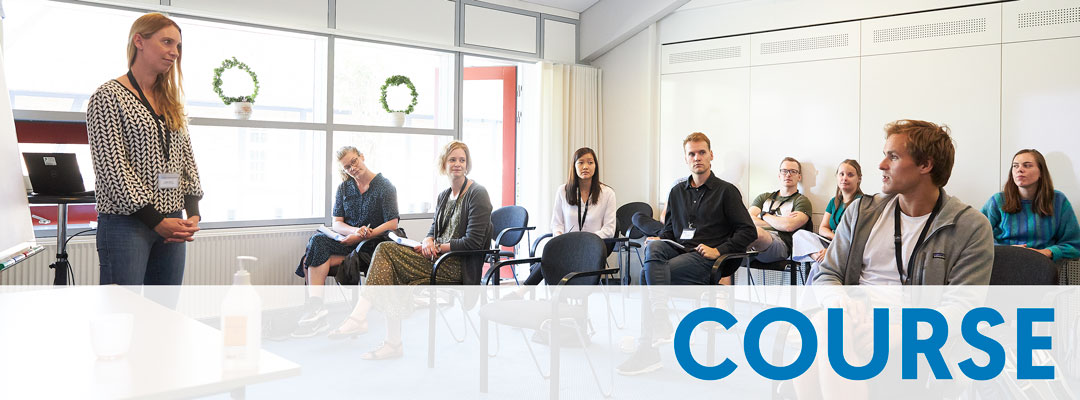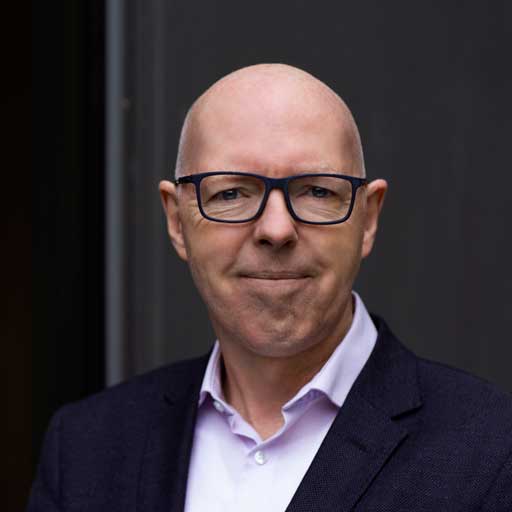In collaboration with DiaUnion, DDA invites you to an exclusive day with the important topic “Biobank”. This day will provide you with insight and broaden your understanding on the multidisciplinary world of biobanking. The course aims to facilitate the participants with an interdisciplinary perspective on the historical, technical, legal, and ethical aspects, including the importance of biobanking in longitudinal research.
Date: 5 April 2022
Time: 10:00-18:00
Venue: Medicon Valley Alliance, Edvard Thomsens Vej 14, 2300 Copenhagen S
Who can attend?
This course is intended for PhD students, Postdocs, and other researchers with an interest in biobanking.
Please note, that you are not guaranteed a seat at the course if you do not meet the target group requirements. Priority is given to participants employed at Danish and Swedish research and health institutions or in the life science industry, but a number of seats are reserved for participants employed at research and health institutions or in the life science industry abroad. If the event is overbooked, the DDA reserves its right to select participants based on the defined requirements and country of employment.
The participants are selected on a first come, first served basis.
Detailed description
With the goal of facilitating the participants with a core set of tools to gain better understanding of the key role of biobanking in translational medicine, this course will touch upon three main topics; introduction to biobanking, legislation/ethics and biobank in research. With the introduction follows detailed presentations of the history of biobanks, what is a biobank in practice and the do’s and don’ts in setting up a biobank. Afterwards we will focus on the legislation and ethics within biobanking that will be centred around the differences in the Swedish and Danish systems. Finally, the day will end with presentations on how biobanks are applied in research. You will be provided with insight into how human biological samples and health information have been used in large cohort trials such as the UK biobank in type 1 diabetes and the TEDDY study and how the sample material continuously can be applied by different research groups. Furthermore, future perspectives and the usefulness of biobanks in personalized medicine will be discussed.

